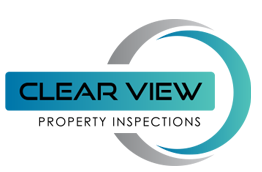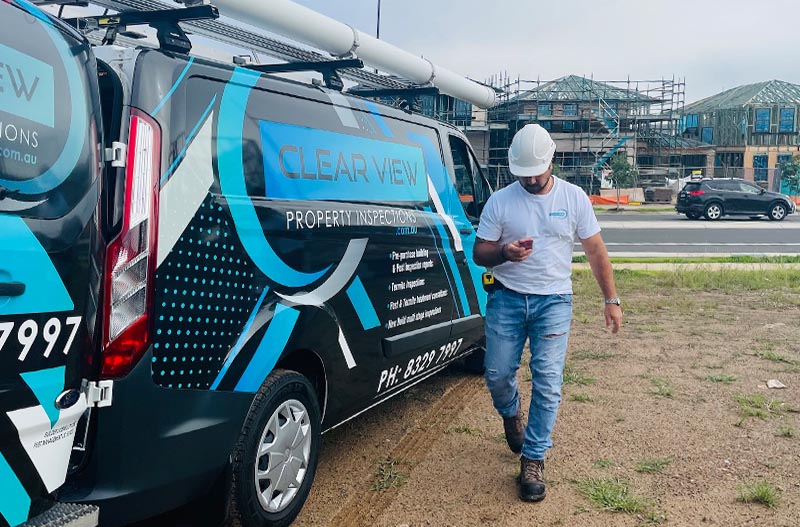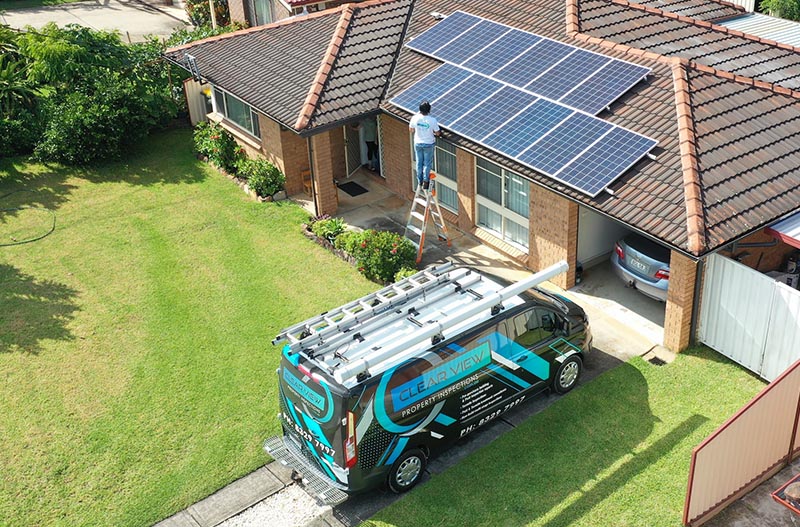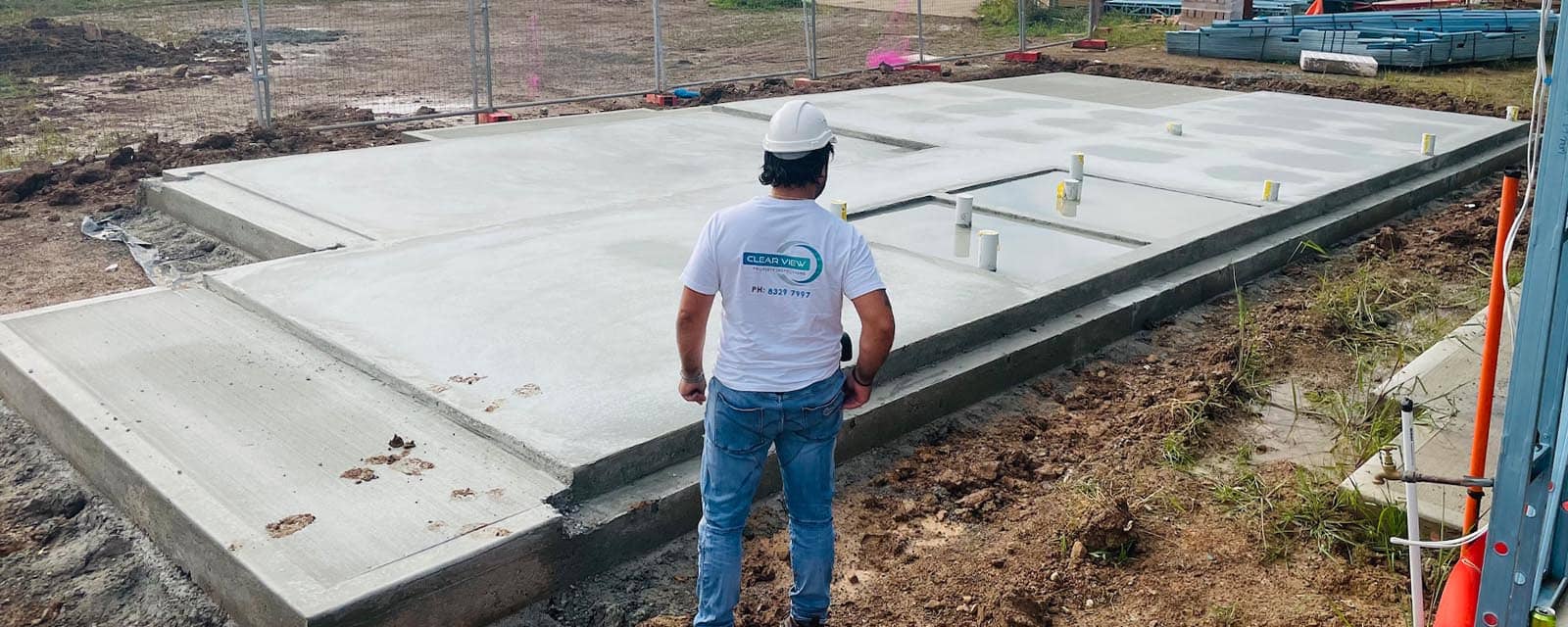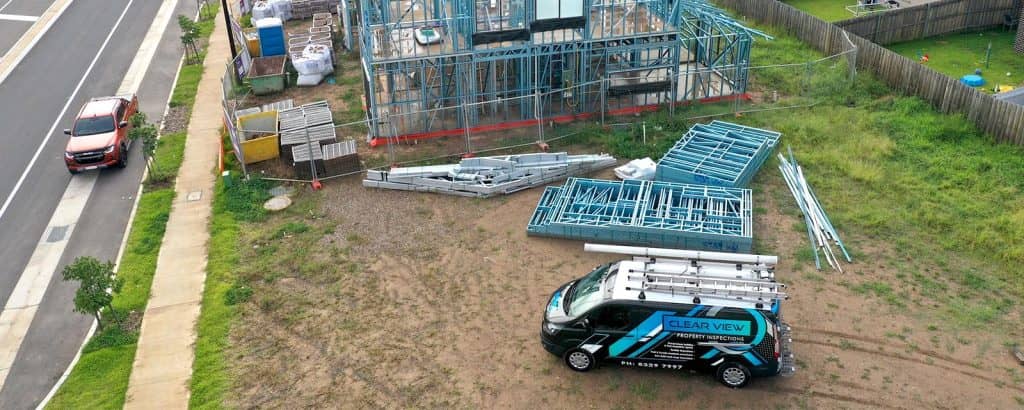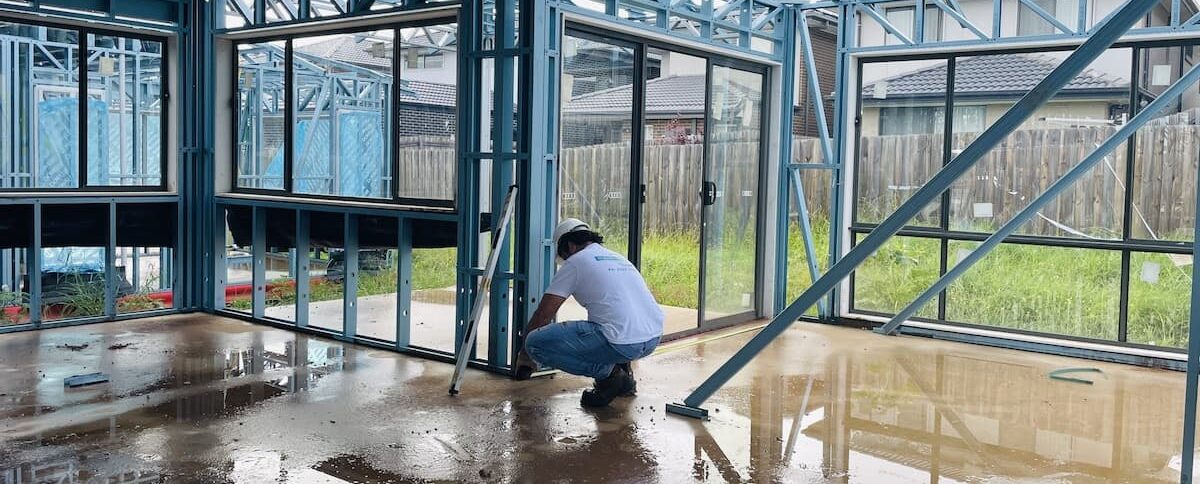Benefits of Independent Building Inspections
Independent building inspections offer numerous advantages for property investors in Sydney. Here are some of the key benefits:
Identify Potential Defects
A thorough inspection by an expert can alert individuals to potential issues or defects with the property before purchasing it. This proactive approach can save investors time, money, and stress by avoiding unexpected repairs or legal problems down the line.
Provide Peace of Mind
Independent building inspections can ensure that the property is safe and up to code, providing peace of mind for property investors. Knowing that a property has been thoroughly inspected and cleared of major issues can make the investment decision much more secure.
